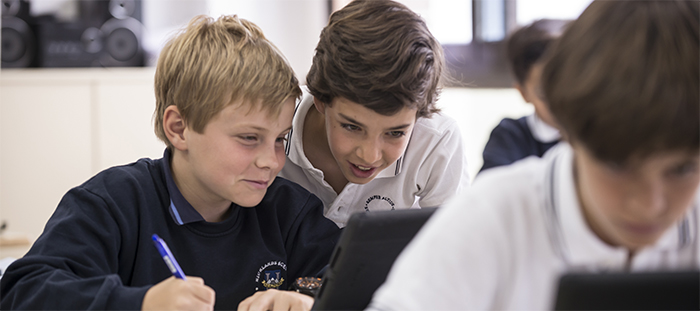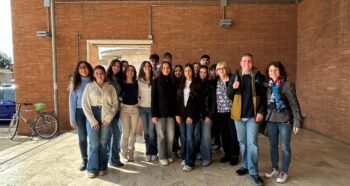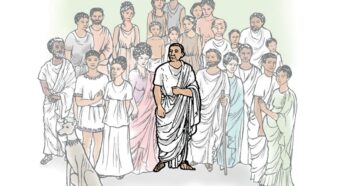For many of us, our first awareness of the intended curriculum or in other words, what students are expected to learn, is when we bump up against something at school we really aren’t interested in or find hard to do.
Answers to questions like ‘Why do we have to do algebra?’ and ‘Why do I have to learn French?’ can range from the authoritarian (‘because I say we do’) to the more interesting and engaging. The former approach is rather unimaginative whilst the latter can encourage a whole class to think about the relevance and usefulness of what they’re learning. It also helps them to see who makes decisions about what they learn in the first place and why.
I have to say, I can’t remember having too many of the more engaging type of discussions as a student at a state school in the UK in the 1980s!
Even when I became a teacher myself, my active engagement with the curriculum I was going to be teaching was initially limited. The curriculum was set – it was the UK National Curriculum. To me this meant that important and knowledgeable people had been involved in making decisions about what should be taught and learnt, and that this was not to be questioned. In a way, this wasn’t an entirely bad thing. It meant that there was one less thing to worry about among all the other variables and unknowns that a young, inexperienced teacher has to grapple with, such as establishing good classroom management, building relationships, planning, re-planning, differentiating, assessing…surviving!
It wasn’t until I taught outside the UK that my curricular horizons began to expand. Although I was teaching in a British International School in Bangkok, the student population was made up of over 50 nationalities. My fellow teachers also had many experiences of different education systems. Some of the things that I had taken for granted and never questioned were now up for debate. Teaching a variety of programmes to such a diverse mix of students, I could see the impact and influence of what was set out in a curriculum. This was not just about the knowledge that students acquired. It was also about the skills they gained, the experiences they had in their classrooms, and the way they thought about and looked at the world. It was an inspiring, fulfilling and crucial part of my own professional development.
However, it is my current work in curriculum development that has really advanced my understanding. Some of this work requires precise, micro-level focus. For example, let’s take a look at the Stage 3 learning objective from the Cambridge Primary Science Curriculum Framework.
“With help, think about collecting evidence and planning fair tests”
Each word of that learning objective has been pored over, interrogated and experimented with until we are sure we’ve got it right.
Just removing the two words “with help” would mean we are saying something very different about what we expect students to be able to do at Stage 3 in their science learning. The two words “think about” play a similar role.
Although only two words in each case, they are very important. They should influence the way teachers plan and implement the curriculum, what they expect their students to be able to do, and what they see their own role in the learning process to be.
At a macro-level, we work with governments and ministries of education around the world. We support them in establishing their curriculum aims and curriculum standards, both crucial elements in long-term, sustainable educational improvements.
In a roundabout way we’ve now come back full circle to the kind of questions that we first asked about the curriculum. It turns out that ‘Why should students learn X?’ and ‘At what point should they be experiencing Y?’ really are among the most important questions we should be asking. At Cambridge we’re continually making sure that we’ve got the best answers to those questions by building on our expertise, utilising our research capabilities and responding to the needs of Cambridge schools in our ever-changing world.





